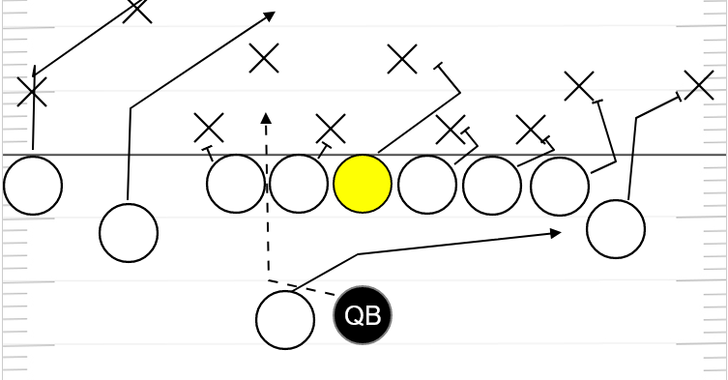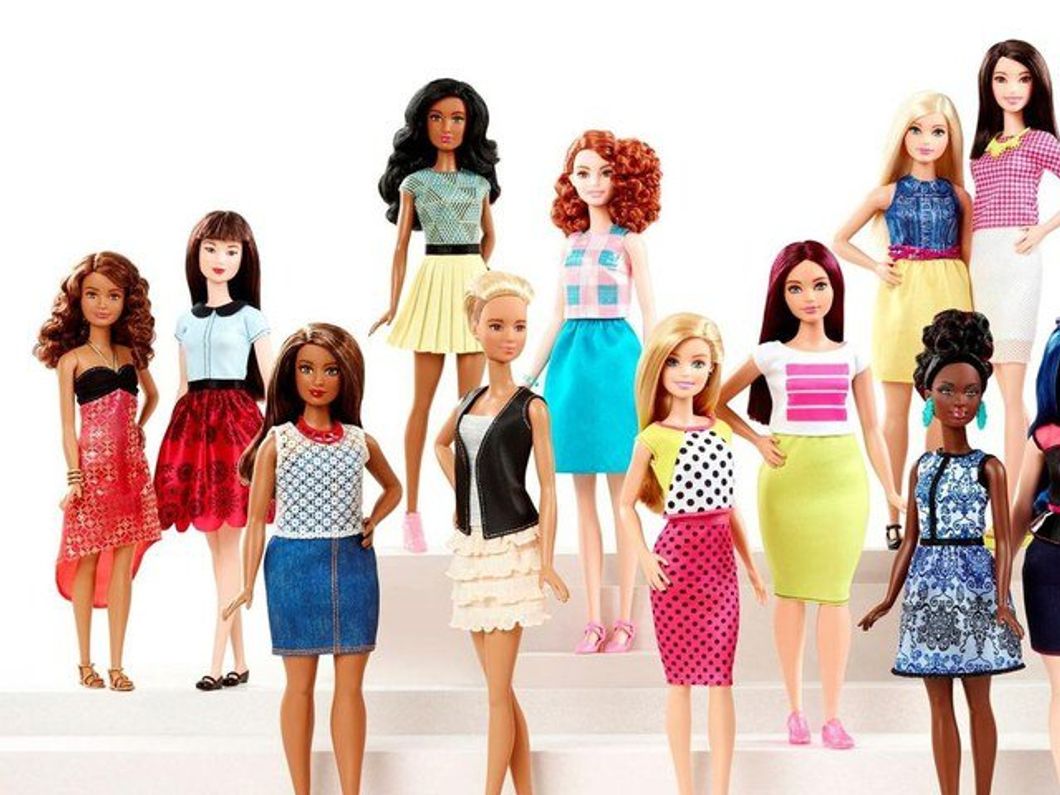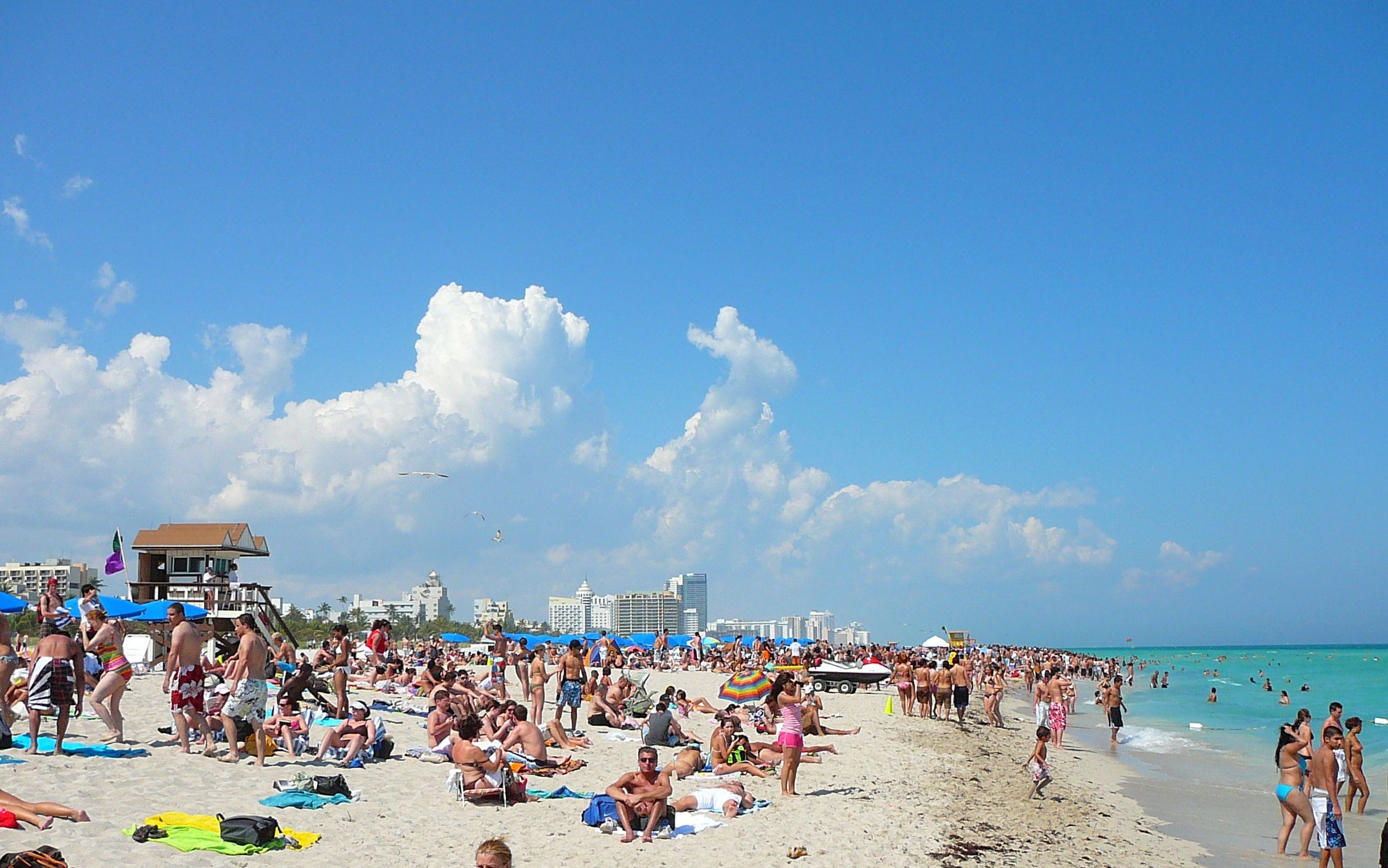COVID-19 has now impacted the majority of the human race. As the United States now leads the world in confirmed cases, public panic has intensified. Hospitals are reusing face masks and gloves, schools and universities are closing indefinitely, and businesses are, well, going out of business.
But how is this hurting the working class?
I believe it is safe to say we are all overwhelmed in various ways — in regards to mental health, financial stability, and (the most obvious one) physical well-being. What about the people who can't work right now? In regions across the U.S., employment is at a standstill while bills are pouring in. Due to the government's lack of preparedness up until this past week, many employees have been left without financial means within the last month.
Americans who were already struggling prior to this pandemic cannot afford to be in this sort of crisis.
After the first attempt of passing a bill in the United States Senate that included bailouts for Wall Street and major corporate tax cuts, the Senate agreed upon an outright payment of $1,200 (or less) and an additional $500 for every qualifying child 16 years of age or younger this past Wednesday, March 25. It also entails that you are ineligible if claimed as a dependent or do not have a valid social security number. Although there are many other significant takeaways from this bill, the stimulus payments provide the most, direct help to working-class individuals.
The question now is, will this be enough?
President Donald Trump once said the pandemic would slow down in enough time to reopen the nation by Easter, while CDC officials said otherwise. No one in the U.S. really has an inkling on the duration of the spread. So, why are the stimulus payments not recurring until we can get a grasp on this virus as a nation? When looking at other countries, you see more action being taken. As impressed as I am that Congress was able to come together during an emergency, it is not enough. In Australia, working-class individuals without a job are receiving payments of $550 every two weeks in addition to their current income support payments. Employees in Denmark who cannot work at the moment are obtaining 90 percent wage support for three months and sick leave costs are covered by the government.
In all, a shortage of medical equipment, lack of leadership, and overwhelming ignorance have left us with a devastated economy, hitting the working class the hardest.
Employees laid off must receive financial aid. Employees getting limited hours must receive financial aid. Employees risking their health — and the health of everyone they live with — to show up to work must receive financial aid. The American Government must take extensive action now.







 Photo by
Photo by 









































